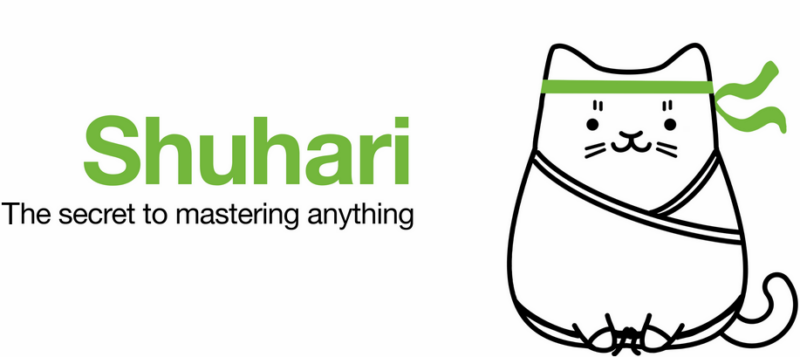I came across the following post, and found the article very interesting and benficial:

The post explains what Shuhari is:
Shu (守) “protect”, “obey”-traditional wisdom: The beginning stage is focused solely on learning fundamentals through repetition. You repeat the basic forms until you form muscle memory. In the shu stage, you’re not concerned with any underlying theory of the practice.
Ha (破) “detach”, “digress”-breaking with tradition: Once you’ve mastered the basic forms and can begin to innovate. You might branch out and learn from other masters. Having an understanding of the underlying theory, you might incorporate methods and variations from outside sources into your own practice.
Ri (離) “leave”, “separate”-transcendence: In the final stage of mastery, you can depart from forms altogether and proceed however your mind desires. Your learning no longer comes from other people, but your own practice. When you’ve reached the ri stage, you are, in essence, expanding the discipline.
and then provides examples:
“Understanding where you land on the shuhari spectrum can make the learning process both easier and less daunting-and it isn’t just for developers and martial artists. You can see how a learning model like this can be applied across all sorts of disciplines, practices, and creative techniques.
A new violin student begins by learning a specific song, then scales and music theory, before moving on to compose their own work. Chefs and home cooks will practice a recipe until it’s second nature, and then begin to improvise and iterate. ”
I found Shuhari facinating and I will definitely to Shuhari the next time I learn something new.